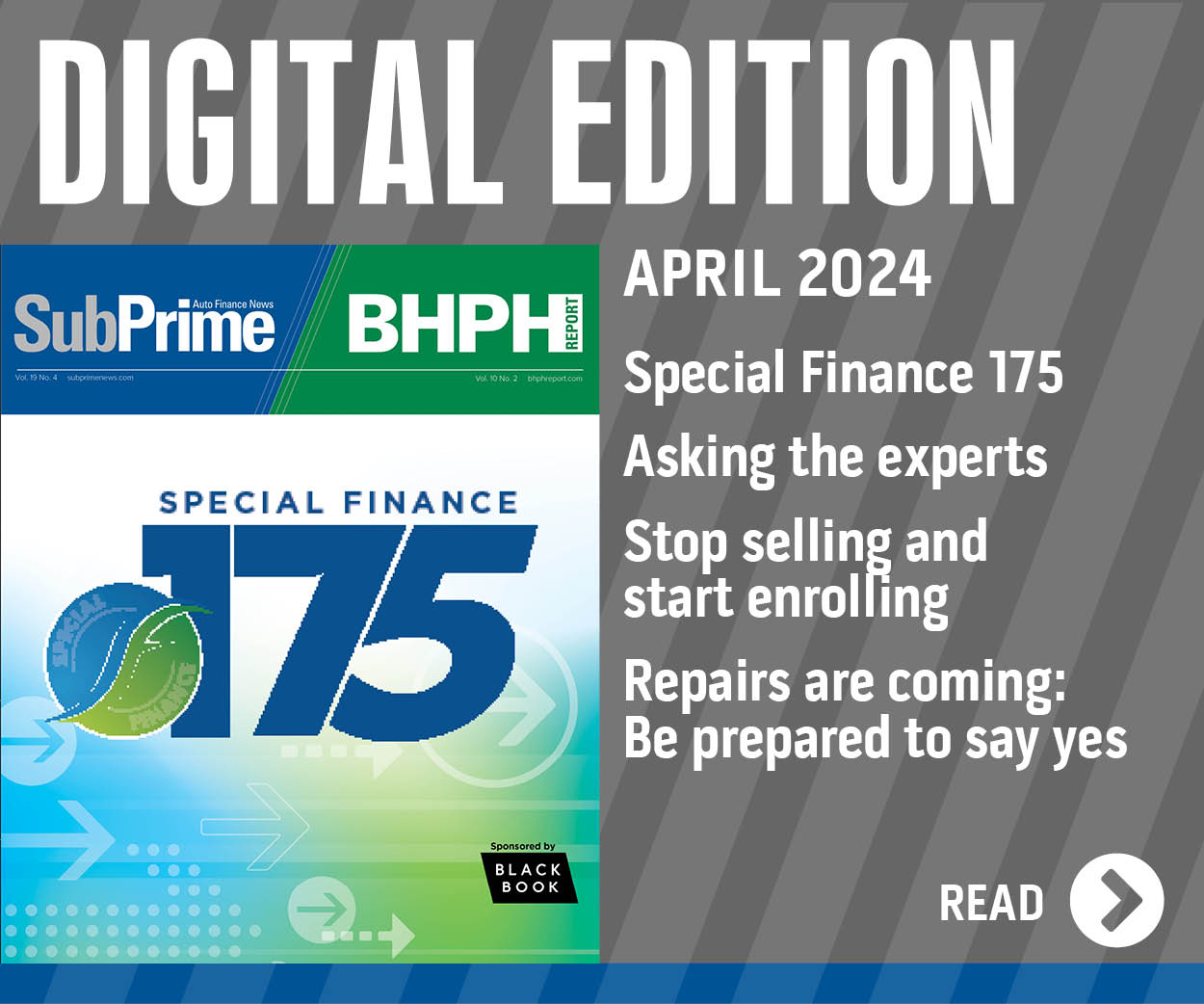Impact of CFPB’s suit against processor being dismissed

Photo from Shutterstock.com
Perhaps it wasn’t an upset to the level that might have impacted your bracket predicting winners of this year’s NCAA men’s basketball tournament. But the U.S. District Court for the District of North Dakota dismissing the Consumer Financial Protection Bureau’s lawsuit against a payment processor in the debt-collection space certainly caught the attention of Hudson Cook’s Lucy Morris, a firm partner who previously served as a deputy enforcement director at the CFPB from 2011 to 2014.
When SubPrime Auto Finance News connected with Morris last week to ask about how often this sort of development happens, she responded, “I don’t know if I could put a number on it, but I would say that typically the government doesn’t suffer a defeat like this. Again, it’s something they can remedy. The case isn’t over. There’s probably more to come because they can refile with a more robust complaint.
“This case is likely not over, but they’re going to have to be more clear about exactly what the defendants did that was likely to cause substantial injury to consumers,” Morris continued.
Morris first highlighted the case in an online post on Hudson Cook’s website. She explained the case pitted the CFPB against Intercept Corp., a third-party payment processor that handles electronic payments on behalf of payday lenders, sales finance companies, title lenders and debt collectors.
“The court simply ruled that the CFPB in its complaint wasn’t specific enough to state a claim for relief. It was conclusory,” Morris told SubPrime Auto Finance News. “The court dismissed the case but without prejudice, meaning the CFPB could revise its complaint to provide more specificity. The court simply said it’s not sufficient enough to go forward as it stands.”
Morris went on to explain the court held that the CFPB failed to show that consumers were likely to suffer substantial injury as a result of the payment processor’s alleged failure to identify the fraudulent activity of its consumer finance company clients. She shared with SubPrime Auto Finance News about how the bureau filed its argument on consumer complaints and other regulatory investigations, but it wasn’t enough to convince the court.
“To have an unfair practice, the practice has to be likely to cause substantial consumer injury, which is the most important piece of an unfairness claim,” she said.
The result in North Dakota came down on March 17, just before amicus briefs — legal documents filed in appellate court cases by non-litigants with a strong interest in the subject matter — began to arrive in association with the CFPB’s rehearing before the U.S. Court of Appeals for the District of Columbia Circuit.
That matter stems from a case in which the initial decision reached last October called the CFPB “unconstitutionally structured.” The case pits the regulator against PHH Corp., a Mount Laurel, N.J.-based finance company that operates in the mortgage space. The rehearing will intensify further when oral arguments before the en banc court will be heard on May 24.
“This is an agency that’s still quite young and it hasn’t had a lot of challenges in court cases, with PHH being the most notable exception. But I think increasingly you’re seeing issues get litigated about the CFPB’s authority and the use of that authority,” Morris said.
“The CFPB has been increasingly challenged in litigation. In some cases, they’re taking losses and they’re going to have to respond to those kind of challenges,” she added.
So what do all of these developments mean for auto finance companies that are feverishly underwriting contracts and collecting on outstanding balances? Morris emphasized how finance companies should remain vigilant with regard to compliance.
“I think it’s very important that they not diminish the importantance of compliance. From what I can tell, the CFPB is still going strong on the enforcement and supervision side. Notwithstanding that there’s been a lot of political talk, it’s not clear to me that there is going to be any immediate changes to the CFPB either in its leadership or structure. In fact, there’s been a ramping up on the supervision side, in particular in auto finance,” Morris said.
“Even if the CFPB does slow down because of some changes, you’ve always got the Federal Trade Commission and the state attorneys general who can come in and look at issues, too,” she went on to say.

 View The Latest Edition
View The Latest Edition

